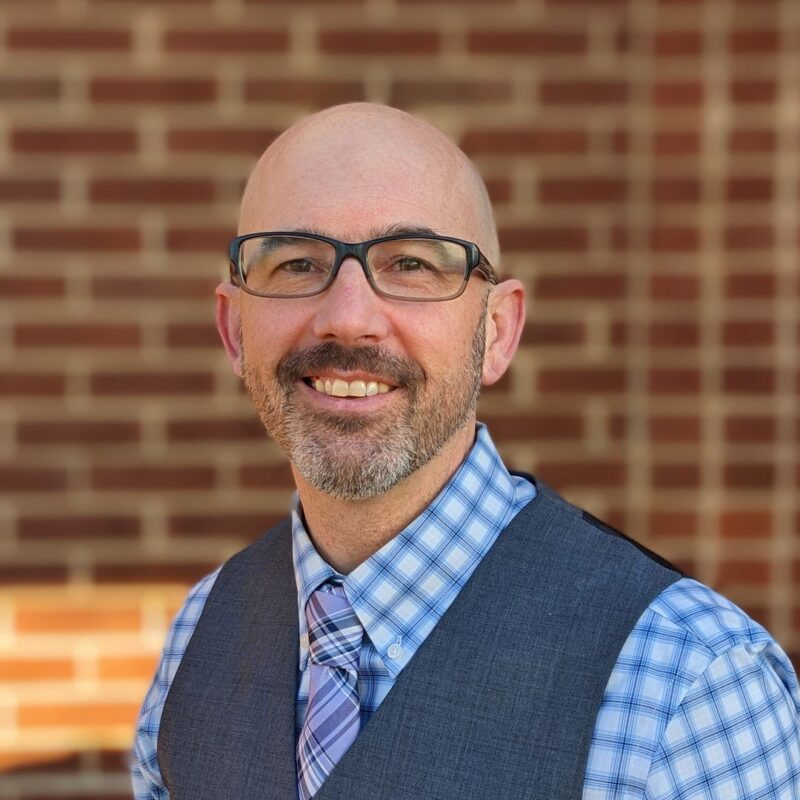On October 24, the House of Representatives passed the "Celebrating America’s Heritage Act," creating six new national heritage areas, one of which would be the Journey Through Hallowed Ground (JTHG), a 175-mile stretch that connects Monticello in Charlottesville to Gettysburg in Pennsylvania, and travels mostly along Route 15. Under the legislation, the JTHG partnership, a nonprofit founded in 2005, would receive up to $1 million from Congress a year.
While the bill received a broad array of support, it was opposed by a minority of Republicans, including Virginia’s Fifth District representative, Virgil Goode. Oddly enough, he was originally a sponsor of the bill and is still listed on JTHG’s website as a partner.
"I heard from a number of property owners concerned about the bill, so I didn’t vote for it," he says. Goode in fact went a step further, unsuccessfully requesting that Albemarle County be removed from Hallowed Ground’s coverage.
Kat Imhoff, outgoing vice president of Monticello, and until recently chair of JTHG’s board, blames any opposition on "misinformation and misunderstanding." "Once people really understood that it’s a national recognition of an area’s overall intrinsic value and not land use planning or control, those concerns evaporated," says Imhoff.
While that may be generally true, the fact is that 122 Republicans voted against it, presumably for the same reasons Goode did. "I think each individual property owner should get a letter and be able to opt out anytime they want to," Goode says.
"That would presume we have some sort of regulatory authority, but quite the opposite," says Cate Magennis Wyatt, JTHG’s executive director. "It couldn’t be clearer that there’s absolutely no infringement on personal property rights."
Indeed, the legislation actually contains language that states: "Nothing in this subtitle…alters any duly adopted land use regulation, approved land use plan, or other regulatory authority of any Federal, State, Tribal, or local agency, or conveys any land use or other regulatory authority to any local coordinating entity."
Although the legislation still has to make its way through the Senate, the nonprofit has already been able to sponsor a number of programs throughout the area, including one at Albemarle High called "Extreme Summer Camp" that allowed students to traverse parts of the journey, canoeing down the Potomac or re-enacting battles at Harper’s Ferry.
For Wyatt, the legislation is far from being a local restriction. "What it does is designate this region by an act of Congress as being critically important in telling the story of the founding and sustaining of our country," Wyatt says. "We humbly think this region is far more deserving than most."
C-VILLE welcomes news tips from readers. Send them to news@c-ville.com.





